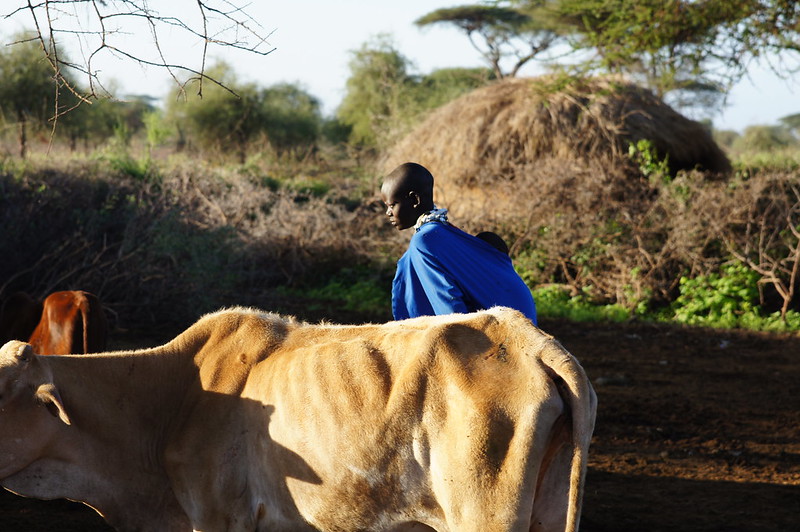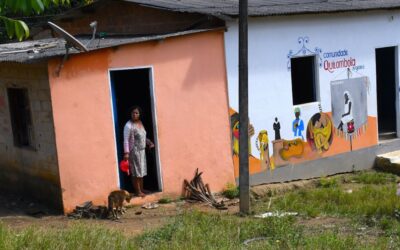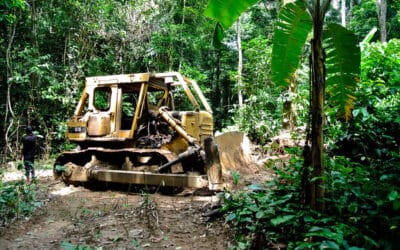An advocacy strategy for the Maasai Indigenous Community in East Africa
DOWNLOAD NOW: Tourism’s Impact on Communities Integrating Biocultural Protocols in Tourism and Biodiversity Policies
Tourism can have deeply adverse impacts on Indigenous communities and ecosystems. In East Africa, the Maasai people of Kenya and Tanzania have experienced firsthand the negative consequences of tourism development on their ancestral lands and have been systematically displaced, their cultural heritage commodified, and their role as stewards of biodiversity largely disregarded.
This research paper explores the complex relationship between tourism, biodiversity, and Indigenous rights, using the case of the Maasai community to highlight broader issues faced by Indigenous Peoples and Local Communities (IPLCs) globally. It examines how the influx of mass tourism—often under the guise of ecotourism and conservation—has led to the erosion of the land rights, traditional knowledge, and cultural identity.
It also proposes the use of biocultural community protocols helps to bridge the gap between Indigenous customs and formal legal systems, ensuring that IPLCs’ rights and knowledge systems are respected and safeguarded in dealings with external actors.
Read the report: Tourism’s Impact on Communities Integrating Biocultural Protocols in Tourism and Biodiversity Policies
Photo credit: John Musgrove




